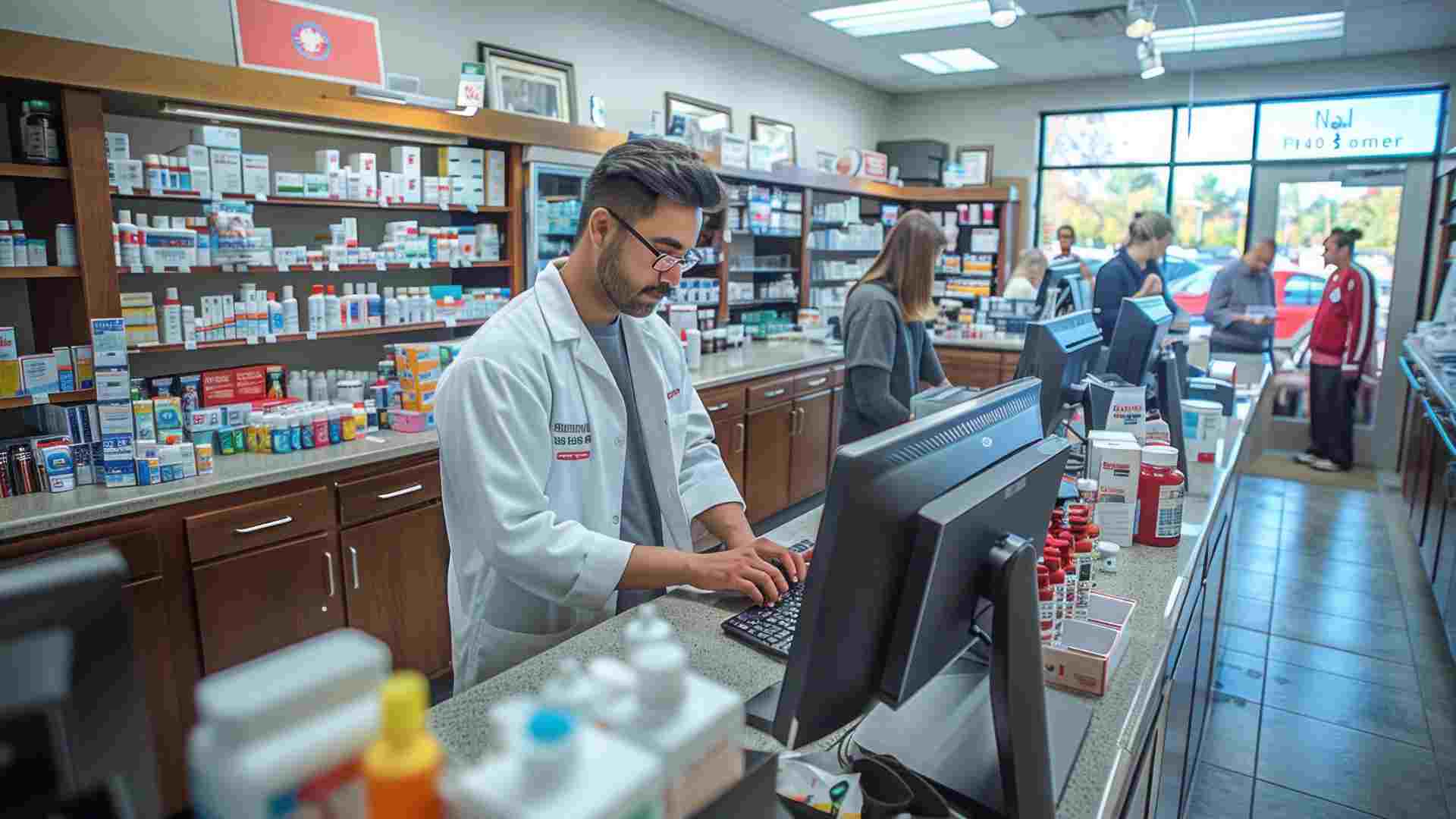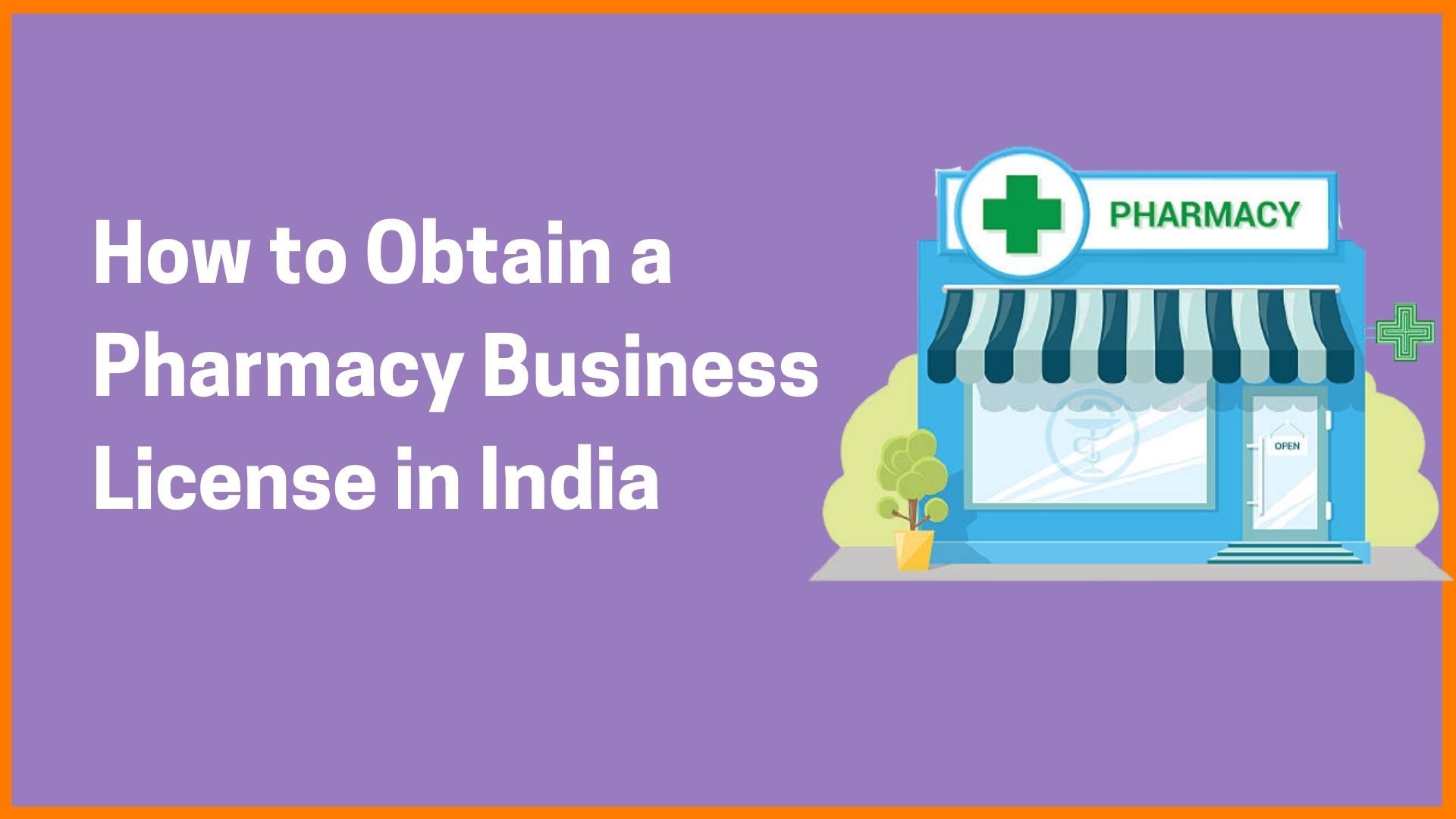
Understanding the Importance of Licensing in the Indian Pharma Industry
India’s pharmaceutical sector ranks among the largest in the world, supplying affordable, high-quality medicines to domestic and international markets. The country’s pharma ecosystem includes manufacturers, exporters, wholesalers, distributors, and franchise owners—all operating under a regulatory umbrella designed to safeguard human health. Before launching a pharma business, entrepreneurs must comply with a comprehensive legal framework that ensures product quality, patient safety, and ethical business practices.
At the heart of this framework lies licensing, a mandatory requirement under the Drugs and Cosmetics Act, 1940, and the Drugs and Cosmetics Rules, 1945. These are enforced by the Central Drugs Standard Control Organization (CDSCO) at the national level and by respective State Drug Control Departments across India. Licensing does more than simply grant permission to operate—it validates an organization’s technical competence, enforces adherence to Good Manufacturing Practices (GMP), and helps maintain the integrity of the entire healthcare system.
In a sector where precision, safety, and trust determine success, obtaining the correct licenses ensures that all products entering the market meet the prescribed standards. It also protects businesses from legal penalties, builds credibility with healthcare professionals, and enables participation in national tenders and global markets.
Why Licensing Is Essential
- Safeguards product safety and therapeutic effectiveness – ensures that every medicine produced or distributed meets the approved quality benchmarks.
- Promotes accountability through government monitoring – regulatory inspections and audits maintain transparency and prevent malpractice.
- Builds trust among doctors, distributors, and consumers – a licensed company earns higher credibility and professional acceptance.
- Enables national and international market access – proper documentation opens doors to exports and partnerships with global healthcare brands.
Licensing, therefore, forms the cornerstone of any legitimate pharmaceutical venture. Whether you’re starting a manufacturing unit, becoming a PCD franchise owner, or setting up a retail pharmacy, understanding the licensing structure is vital for compliance and long-term growth. Obtaining the correct approvals marks not just the beginning of a business but the foundation of a responsible and sustainable journey in India’s thriving pharmaceutical landscape.

Key Licenses Required to Start a Pharma Business
To start a pharma business in India—whether as a manufacturer, distributor, or marketer—you must obtain several statutory licenses depending on your operations. The following are the most critical licenses and registrations required before commencing business.
- Drug Manufacturing License
Issued by the State Drug Control Authority or CDSCO, this license is mandatory for producing any allopathic, ayurvedic, or cosmetic formulation. There are three main categories:
- Form 25 – for manufacturing allopathic drugs.
- Form 28 – for manufacturing drugs listed under Schedule C and C(1), such as injectables and biological products.
- Form 32 – for cosmetic manufacturing.
Before granting approval, authorities inspect the premises, review the qualifications of the technical staff (at least one registered pharmacist or chemist with relevant experience), and verify compliance with GMP and GLP standards.
- Wholesale Drug License
This license is essential for businesses engaged in the distribution or wholesale supply of medicines to pharmacies, hospitals, or other dealers. It ensures that drugs are stored under appropriate conditions and sold only to licensed retailers or medical institutions. To obtain this license, applicants must:
- Employ a qualified pharmacist with a degree or diploma in pharmacy.
- Maintain temperature-controlled storage with refrigeration facilities.
- Submit premises ownership or rental documents, layout plans, and a list of storage equipment.
- Retail Drug License
Retail pharmacies and medical stores must secure a Retail Drug License (RDL) to sell medicines directly to consumers. The RDL ensures that medicines are sold under the supervision of a registered pharmacist and that prescription drugs are dispensed only against valid prescriptions. Both allopathic and ayurvedic medicines fall under its jurisdiction.
- Import License
Companies importing raw materials (Active Pharmaceutical Ingredients – APIs) or finished formulations must obtain an Import License from CDSCO. It is issued in Form 10 for finished drugs and Form 11 for testing samples. Importers must also possess a valid Wholesale Drug License and maintain compliance with the Drugs and Cosmetics Act.
- Loan License
A Loan License allows an entrepreneur to manufacture drugs using another company’s licensed facility instead of owning one. This is common among small and medium-sized pharma firms and third-party manufacturers. It requires submission of an agreement between both parties and inspection by the licensing authority.
- Trade License and Company Registration
All pharma businesses must register under the Companies Act, 2013 as a Private Limited, LLP, or Partnership Firm. In addition, a Trade License from the local municipal authority validates business operations within a particular jurisdiction.
- GST Registration
Since the sale of medicines involves interstate and intrastate trade, GST registration is mandatory for tax compliance and invoicing. It enables businesses to claim input tax credit and ensures transparent billing.
Each of these licenses forms a layer of protection and legality, allowing a company to manufacture, sell, or distribute medicines lawfully. Without them, even a small-scale operation risks closure and penalties. Understanding which license suits your business model is the first step toward compliant and sustainable growth.
Additional Registrations and Regulatory Compliance
Beyond the basic drug and trade licenses, pharmaceutical companies in India must adhere to several additional registrations and certifications that strengthen quality assurance and regulatory credibility.
- Good Manufacturing Practice (GMP) Certification- GMP certification is not just a formality—it’s a quality commitment. It ensures that drugs are consistently produced and controlled according to quality standards. Facilities must have standard operating procedures (SOPs), validated equipment, clean environments, and traceable production records.
- GMP certification is mandatory for export and strongly recommended for domestic distribution.
- It demonstrates compliance with Schedule M of the Drugs and Cosmetics Rules.
- ISO Certification- Obtaining ISO 9001:2015 (Quality Management System) certification helps pharma businesses demonstrate consistent quality in processes and products. Some companies also pursue ISO 13485 for medical devices and ISO 14001 for environmental management. ISO certification increases customer trust and international acceptance.
- Trademark Registration- Every pharma company must protect its brand name, logo, and product identity through trademark registration under the Trademarks Act, 1999. Since thousands of formulations enter the market yearly, trademark protection prevents imitation and secures your marketing rights.
- FSSAI License (for Nutraceuticals and Health Supplements)- If your business manufactures or markets nutraceuticals, herbal supplements, or fortified foods, a license from the Food Safety and Standards Authority of India (FSSAI) is mandatory. It ensures compliance with food safety norms and labeling requirements under the FSSAI Act, 2006.
- NOC from Pollution Control Board- Pharma manufacturing involves the use of chemicals and solvents, so companies must obtain a No Objection Certificate (NOC) from the State Pollution Control Board. This confirms that waste management, effluent treatment, and emissions are within permissible limits.
- Fire Safety and Building Approvals- Before starting operations, companies must receive a Fire Safety Certificate from the local fire department and structural safety clearance from the municipal authority. These safeguards protect employees, assets, and raw materials.
- Import-Export Code (IEC)- Pharma exporters and importers need an IEC issued by the Directorate General of Foreign Trade (DGFT). This code enables participation in global tenders, cross-border partnerships, and online trade platforms.
- CLRA Registration (if employing contract labor)- Businesses hiring contract staff for manufacturing, packaging, or distribution must register under the Contract Labour (Regulation and Abolition) Act, 1970. It ensures that labor rights, wages, and workplace safety are maintained.
- Pharmacy Registration Certificate- For retail or franchise businesses, the pharmacist must be registered with the State Pharmacy Council. This certificate validates professional competence to handle, store, and dispense medicines ethically.
These additional licenses and approvals create a network of accountability, safety, and quality. A compliant company is not only legally secure but also more attractive to investors, franchise partners, and healthcare professionals. Staying updated with renewals and maintaining proper documentation is key to avoiding penalties and business interruptions.